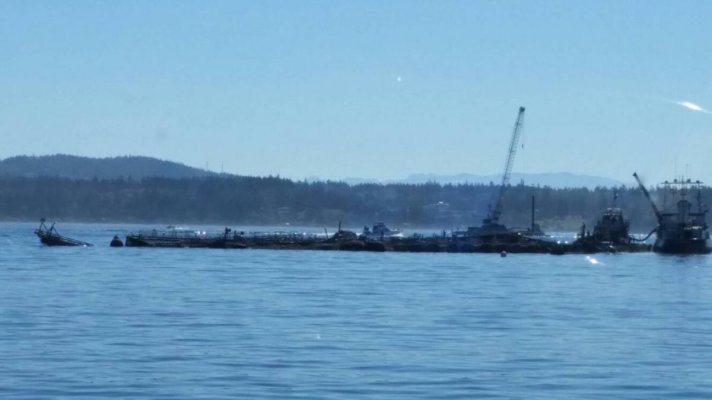The biggest problem, as I understand it, is that in the PNW we are farming a fish that is not native to the region. When they get loose, the impact is unpredictable.
In other areas of the world if they are farming a native fish, that issue is gone. There are other issues of course related to farming fish.
I wished I would have saved the newspaper article from Wa. Dept of Fisheries. Can't find it now, but basically it answered some of these questions. I found another that paraphrased their comments:
In the 1980's WDFW and BC fisheries attempted numerous times to introduce wild Atlantic Salmon (Salmo) into some of the rivers in BC and Washington. But none of the attempts to establish an Atlantic Salmon population succeeded as the smolts never returned after they were release. (Article didn't say why?)
The WDFW said Atlantic salmon is a “favored species” to farm in cold marine waters because it grows quickly and consistently, is resistant to disease, and is something people like to eat. Farmed Atlantic salmon are more docile, less aggressive and more resistant to disease than wild Pacific salmon. Atlantic salmon also have been bred to more “efficiently turn feed into flesh,”
Atlantic salmon are actually more closely related to brown trout than Pacific salmon. That’s why they don’t breed with Pacific salmon — even when researchers have tried to force it in the lab, Rush said.
ps. (This is why the UK is concerned about the farmed fish, as they're the same genetic species as European Atlantic Salmon and could mess up their wild fish genetic pool.)
According to NOAA, escaped farmed salmon that carry diseases have a relatively low risk of spreading them to wild fish. Mainly because those pathogens are already present in the water, escapees likely won’t be a threat to a healthy wild populations. Farmed fish are domesticated to eat pelleted feed and would be unable to compete in the wild. They disappear quickly in the wild, most often eaten by predators.
Opponents say their greatest concerns are that the permanently moored fish pens may bring with them area pollution, virus and parasite amplification, harm Pacific salmon and our Puget Sound waters.



